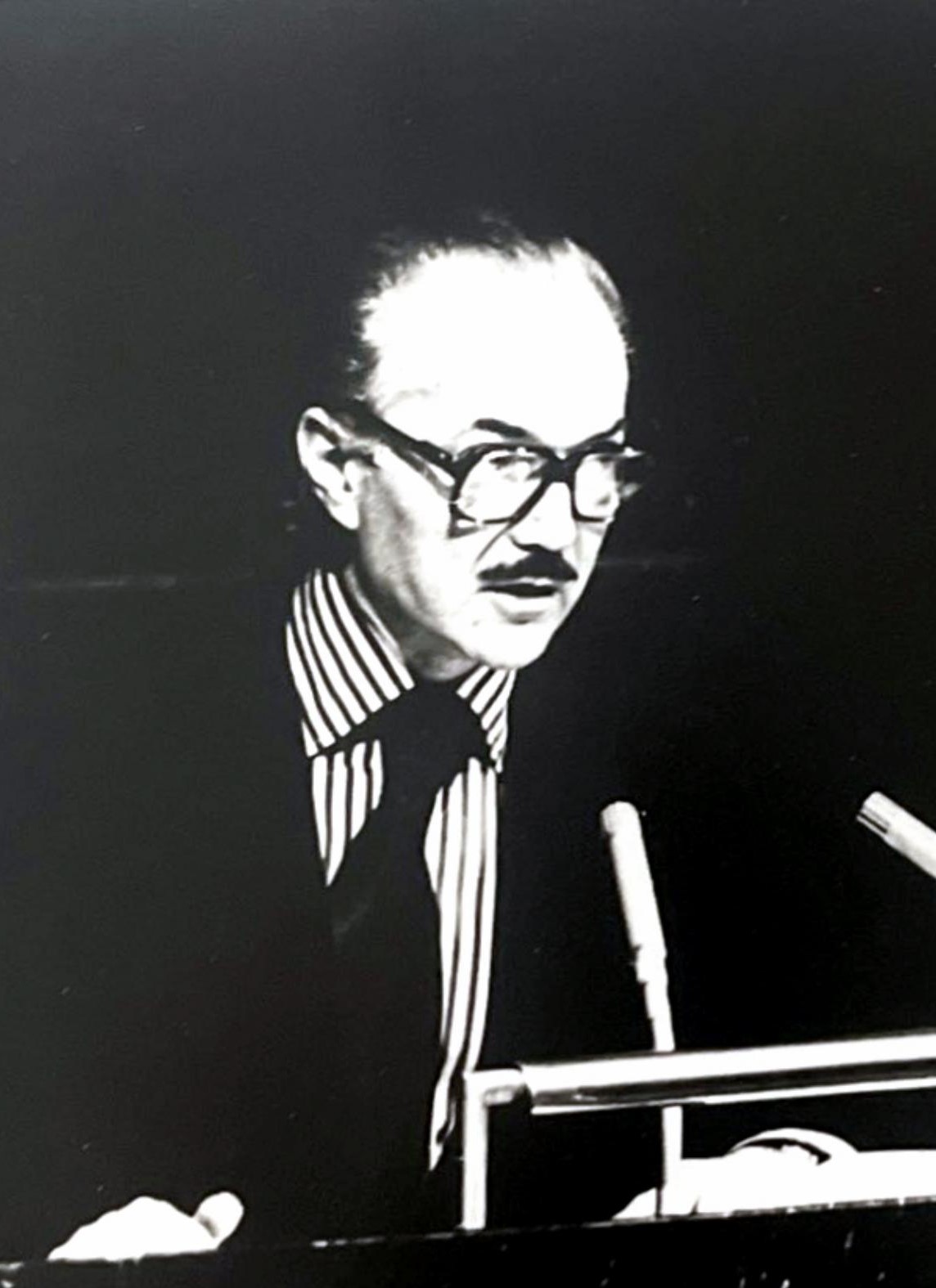The Iranian History Initiative hosts a limited number of visiting fellows each year that are selected by the IHI and appointed by the Department of International History’s Research Committee.
Amir Khosrow Afshar Visiting Fellowship

The Iranian History Initiative invites applications for the Amir Khosrow Afshar Visiting Fellowship for the 2026-27 academic year. This fellowship was established with the generous support of Mr Allahyar Afshar and honours the memory of Amir Khosrow Afshar, a distinguished Iranian stateman who served as Iranian Ambassador to France, Germany, and the United Kingdom, and as Foreign Minister of Iran from 1978 to 1979.
The Iranian History Initiative particularly welcomes applications from scholars based outside of the UK; from scholars whose research involves the use of Persian-language primary sources; and from scholars working on any aspect of the history of Pahlavi Iran (1921-1979).
The Amir Khosrow Afshar Visiting Fellowship provides an opportunity for an external post-doctoral scholar of modern Iranian history, including both early-career researchers and established scholars, to travel to London and be affiliated with LSE while conducting research on any aspect of the modern history of Iran between 1500 and 1979. This might include research at the UK National Archives, the British Library, the LSE Library and Archives, or other libraries and archives in London and the UK.
The Afshar Fellowship is tenable for a period of one month during either the Autumn (28 September to 11 December 2026), Winter (11 January to 25 March 2027) or Spring (26 April to 11 June 2027) terms at LSE. Fellowships are not tenable outside of these dates of term. Afshar Fellows will be reimbursed up to £2,000 for the cost of return economy travel to London, up to £125 per night for accommodation for a maximum of 31 days stay in London, and up to £125 for UK visa expenses.
Fellows will be formally affiliated with the Iranian History Initiative and the Department of International History at LSE. Afshar Fellows will receive an LSE ID card, granting them access to campus buildings, including the LSE Library. An IT account, including LSE e-mail and access to the LSE Library’s online resources, will also be provided. Afshar Fellows are expected to attend IHI and departmental events during the period of their residency in London and to present their research in a departmental forum or public event.
Applications, consisting of a research proposal (no more than three pages) and CV, should be made by email to Dr Roham Alvandi (R.Alvandi@lse.ac.uk) by no later than 19 January 2026. Applications will be assessed by a selection committee and the fellowship will be awarded by the Department of International History’s Research Committee.
Non-Stipendiary Visiting Fellows
The Iranian History Initiative welcomes expressions of interest from external post-doctoral scholars at all levels, both established and early-career historians, who wish to be affiliated with the Iranian History Initiative during their appointment as an unfunded or externally funded visiting fellow in the Department of International History.
Details on the Department of International History’s visiting fellowship scheme are available HERE.
Prospective visiting fellows who wish to apply under this scheme and be affiliated with the Iranian History Initiative should send a CV and research proposal to Dr Roham Alvandi in the first instance. All visiting fellows are appointed by the Department of International History’s Research Committee.
Former Non-Stipendiary Visiting Fellows